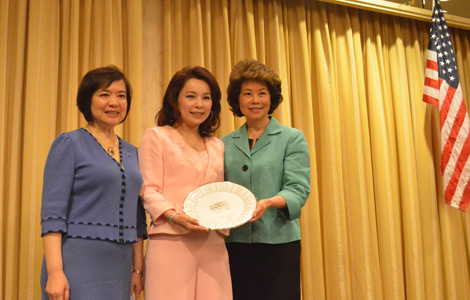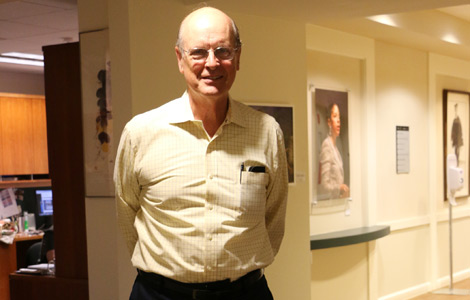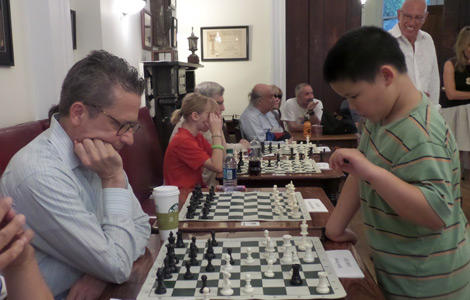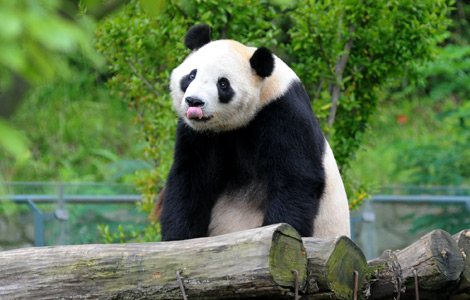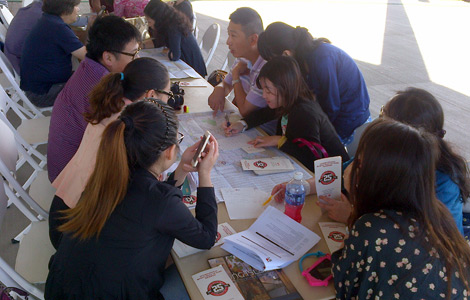A rose by any other name?
Updated: 2014-08-02 07:43
By Mike Peters (China Daily)
|
||||||||
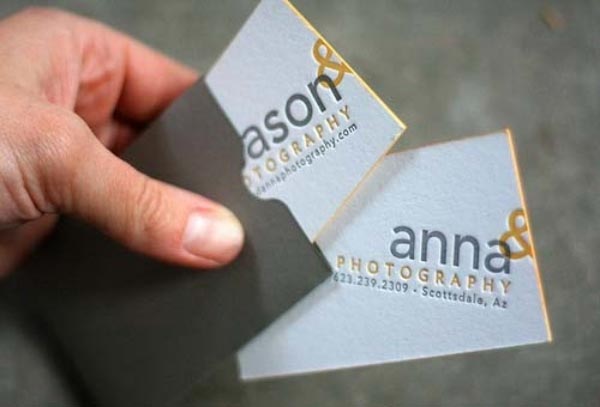 |
|
Photo/Baidu |
 |
| Finding your perfect English name |
|
 |
| Local flavors, local friends |
I've seen Fire and I've seen Rain. I know Sunny, and I once tutored Everlasting. I've even met Everlast.
When I came to China five years ago, I was surprised and often amused by the English names adopted by the Chinese people I met. Fire and Rain and Sunny were post-doctoral students, and those names are old hat now. My roommate teaches 5- and 6-year-olds, and their names are much hipper, including Juicy and iPod.
My friend Ripple says her English name is a literal translation of her Chinese name, Lianyi. Other friends have names that sound something like their Chinese names, if they chose not to pluck one from literature or other interests. Jefferson? Kawasaki? Tattoo Mama? Jennifer? (yes, that would be the Friends star.) I know them all.
The fact that every Chinese person - at least the post '80s - has an English name often makes expats wonder if they should "get" a Chinese name. Shouldn't such cross-cultural assimilation work both ways?
Many adopted names, on both sides, are transliterations - words that sound close to the first language. Thus, the first Chinese name I ever got was "My-kuh", which to my untrained ear sounded like a cross between coughing and spitting.
After I'd been in China for a few months, I wanted something that would twine more with my identity than a bronchial outburst. I didn't want to snatch the moniker of a ready-made hero - I couldn't image being addressed as Yat-sen - and I more reluctantly passed over the Chinese names of the most-famous martial artists as well.
My friend Bill solicited a mutual friend to craft a Chinese name for him, and the result turns out to mean "Mighty Oak Who Glares Fearlessly at Lightning."
I made the mistake of asking three friends for ideas, thinking it would be interesting to write about the different ways they approached it.
One, the coiner of "Mighty Oak", came up with the equivalent of "Earnest Editor" for me. Hmm.
My Chinese roommate offered : Pei, the first character, is "a very good surname" that's evocative of "Peters". You, the second character, means "friendly" (as in peng you). Cheng, the third character, means "sincere".
A third friend tackled the problem with her mate during a train ride to Qufu in Shandong province. During their visit to the hometown of Confucius they were so inspired that they took their chosen name for me and had it etched into a Chinese chop of local stone with Confucian significance and presented it to me with the requisite pad of red ink.
Clearly the choice had been made for me.
The problem, of course, is that you don't ask three people to "name you".
Getting a name from your language teacher, for example, whether that language is Chinese or English, is the social equivalent of being named by your parents. My friend Hoover, for example, was shocked when I suggested he might change that to something that will not make people think of a vacuum cleaner or a much maligned former US president. He wasn't amused when I suggested we could think of something that didn't suck.
"My English teacher gave that name to me," he said, as if I'd suggested swapping his mother for a newer model.
So to avoid the social crime of rejecting two of the names, I never adopted any of the three I'd asked for - though I've carefully tucked away the Confucian chop as well as the satisfaction of being "Earnest" and "Sincere" if not a "Mighty Oak."
"My-Kuh" now works for me pretty well. And, it turns out, it's what most people are going to call me anyway.
Most Viewed
Editor's Picks

|

|

|

|

|

|
Today's Top News
69 dead, 150 injured in E China factory blast
Ebola-stricken American aid worker en route to U.S.
Obama hosts Africa summit with an eye on legacy
'Military drill isn't targeting any nation'
Snyder back to China to lure biz
Multinational bribery cases on rise
Alibaba may buoy mobile portfolio
'Drill isn't targeting any nation'
US Weekly

|

|


